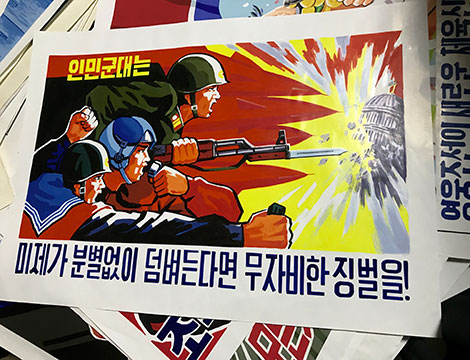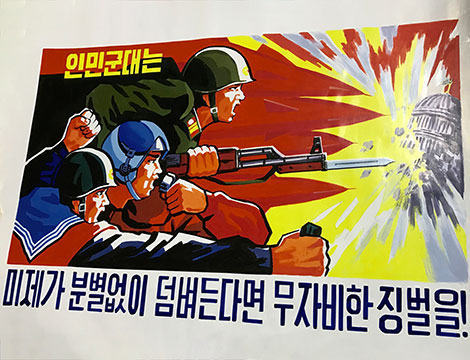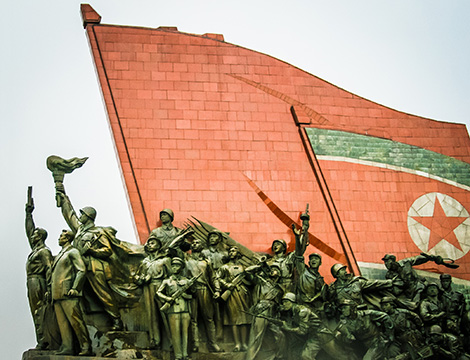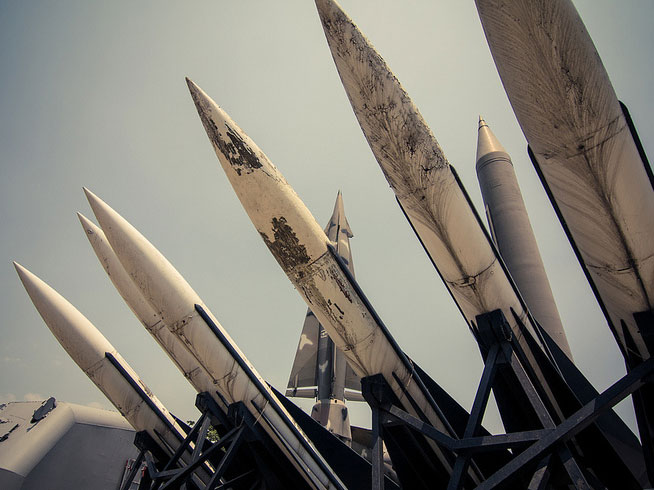
This article was originally published by Pacific Forum CSIS on 21 April 2017.
The US has been contending with the challenge of the North Korean nuclear program for decades, yet we are no closer to the goal of convincing the North to abandon its nuclear ambitions. Indeed, that goal now appears unattainable under current circumstances.
Meanwhile the most serious threat facing the world today is the danger of nuclear proliferation. Both North Korea and Iran continue to develop nuclear weapons production capabilities. If they succeed, their regional neighbors will go nuclear in response, triggering a global cascade of proliferation. The resulting worldwide availability of nuclear weapons and fissile material to rogue states and terrorist groups will rapidly lead to a chaotic situation out of control.
The end goal of this strategy is a denuclearized Korean Peninsula, a North Korean economy that can sustain itself, a regional security environment free of military threats from North Korea, and decisive actions addressing the deplorable human rights situation throughout North Korea.




